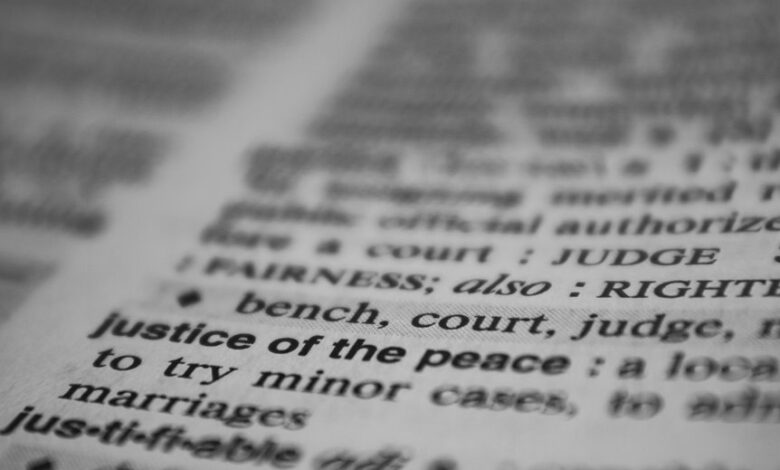o que é honorário: Um Guia para Clientes e Advogados

Liability constitutes a fundamental concept in law, determining who bears responsibility for harm or legal breaches. It encompasses various forms, from negligence to strict liability, and influences the outcome of legal cases significantly. Understanding its scope and application is essential for assessing justice and accountability within legal systems. The mechanisms through which liability is established and enforced reveal much about societal standards and the pursuit of fairness. Exploring these aspects offers insight into the core principles that uphold legal integrity.
Types of Liability in Law
Liability in law can be categorized into several distinct types, each defined by the nature of the legal obligation and the circumstances under which it arises.
In product liability, failure to warn exemplifies strict liability, holding manufacturers accountable for harm caused by inadequate safety information. This emphasizes the importance of informed consumer choices and the foundational pursuit of individual autonomy.
Determining Liability in Legal Cases
How is liability established in legal proceedings? It hinges on a thorough negligence analysis and assessment of contractual obligations.
Determining liability requires identifying breaches of duty, whether through failure to exercise reasonable care or non-compliance with contractual terms. This precise evaluation ensures accountability, aligning legal responsibility with the facts and obligations involved in each case.
The Impact of Liability on Justice and Accountability
What is the significance of establishing liability in ensuring justice and accountability within legal systems? It underpins moral responsibility, aligning individual actions with societal expectations.
By assigning liability, social consequences are clarified, promoting transparency and deterring misconduct.
This framework reinforces the pursuit of fairness, empowering individuals to act freely within boundaries that uphold collective integrity.
Conclusion
Liability serves as both a shield and a sword within the legal system, safeguarding rights while holding parties accountable. Its dual role is akin to a balancing scale—ensuring justice is served without bias, yet enforcing societal standards with precision. This juxtaposition highlights liability’s function: to uphold fairness through responsibility, while deterring misconduct. Ultimately, liability’s nuanced application sustains societal trust, fostering an environment where accountability and justice coexist in equilibrium.





